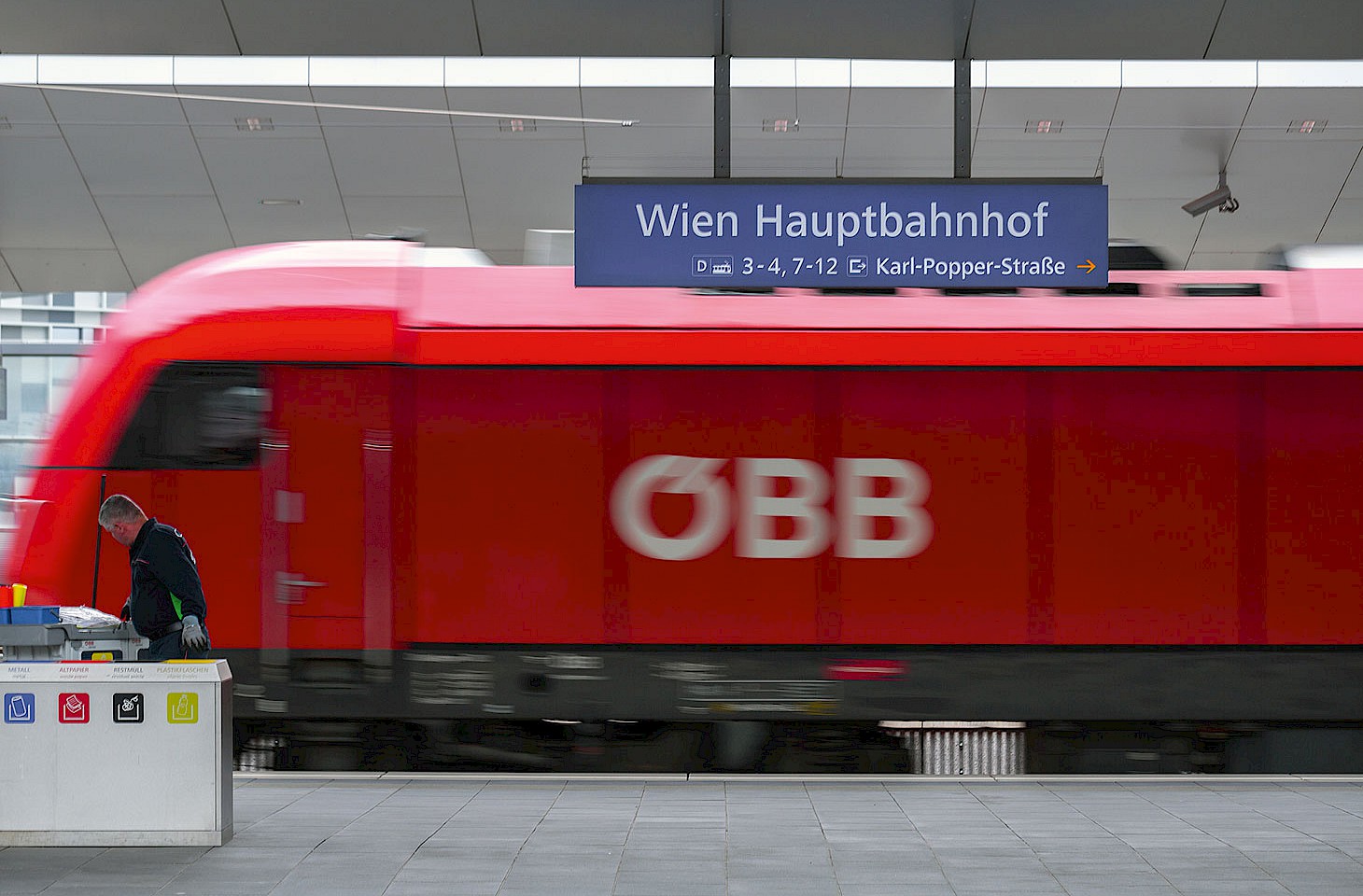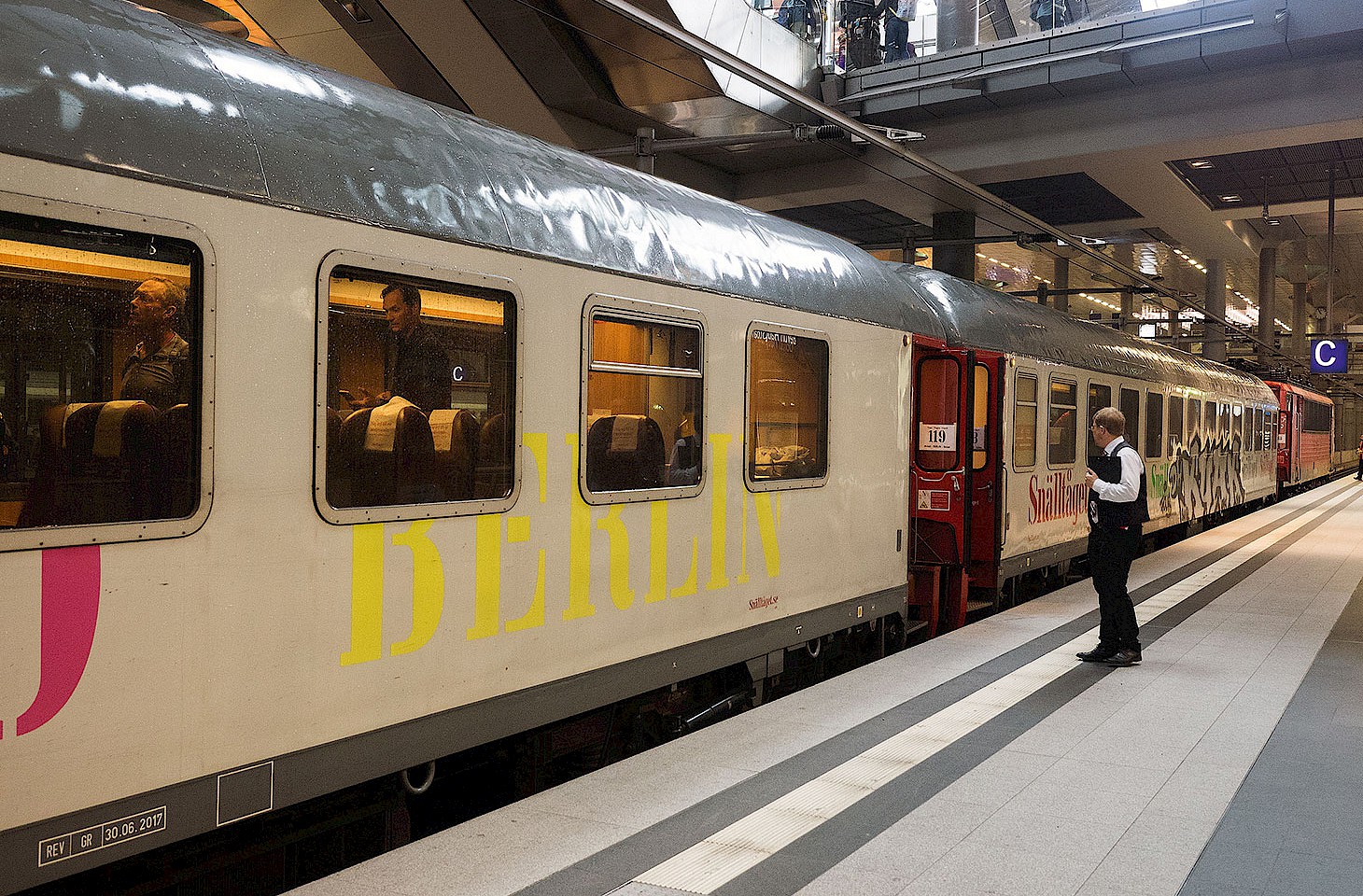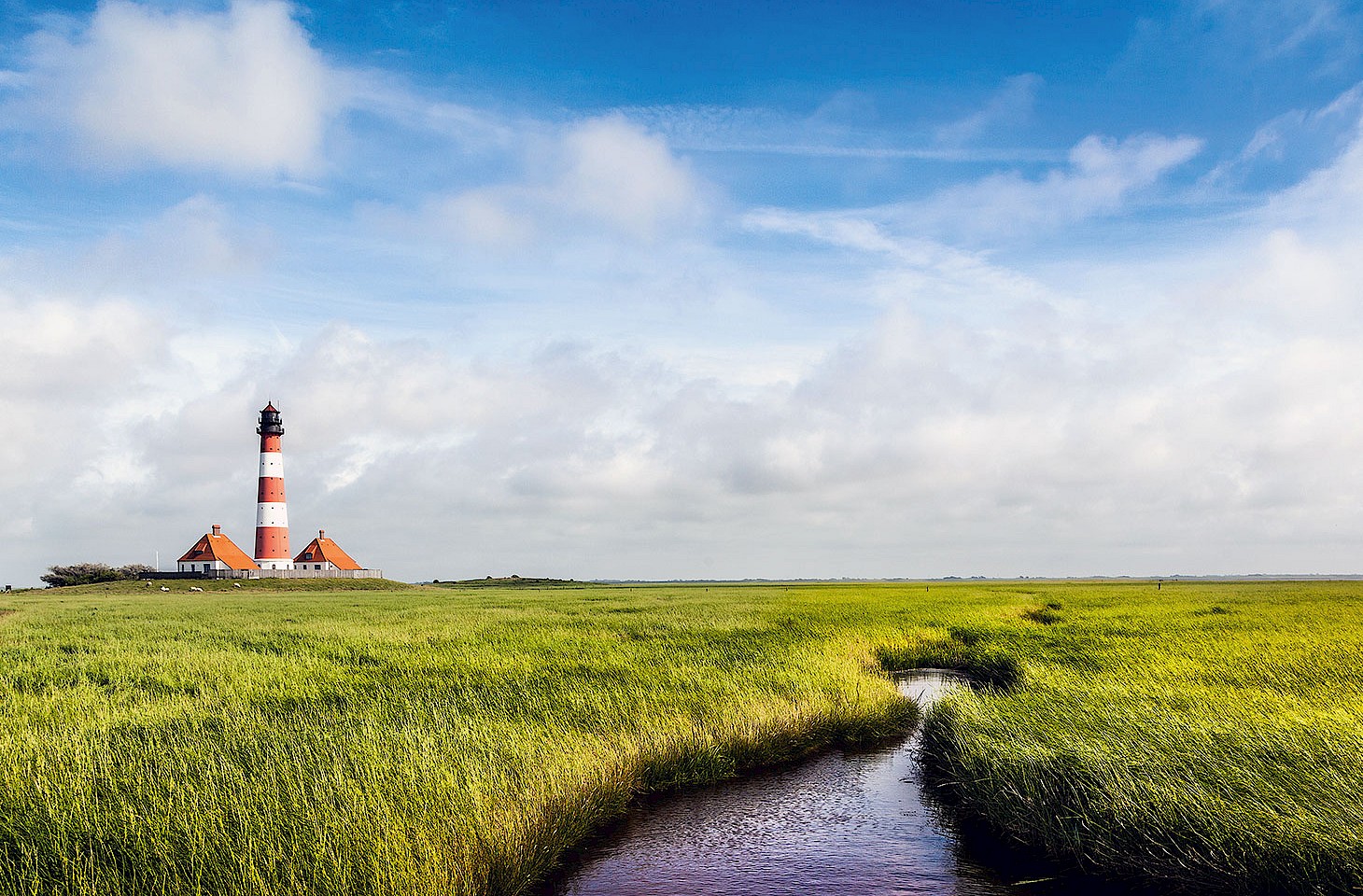Italy sometimes seems like a country held together by spaghetti. There was a time when religion played a major role, but nowadays it appears that the only thing that brings any unity to the country is pasta. Food in Italy, as indeed elsewhere in Europe, lies at the very heart of identity. Remember that spat six years ago at the European Union summit in Belgium when Silvio Berlusconi accused his Finnish counterpart of knowing nothing about ham? Italian prosciutto may be wonderful, but Berlusconi had obviously never tasted joulukinkku, the baked ham which takes centre stage at Christmas dinner in Finland.
Many European nations define themselves through what features on the dinner table. Where would Germany be without its beer and sausages, Poland without its pierogi and England without its roast beef? Indeed, might English antipathy to the French not sometimes be fuelled by Parisian affection for ‘fussy' dishes - a world apart from a plate of English roast beef, which embodies puritanical simplicity.
Travellers around Europe encounter heavily encoded menus. Such menus are a fine way of 'outing' the foreigner or impostor who misunderstands them. Only the English really know what is in shepherd's pie - and it certainly isn't a shepherd.




